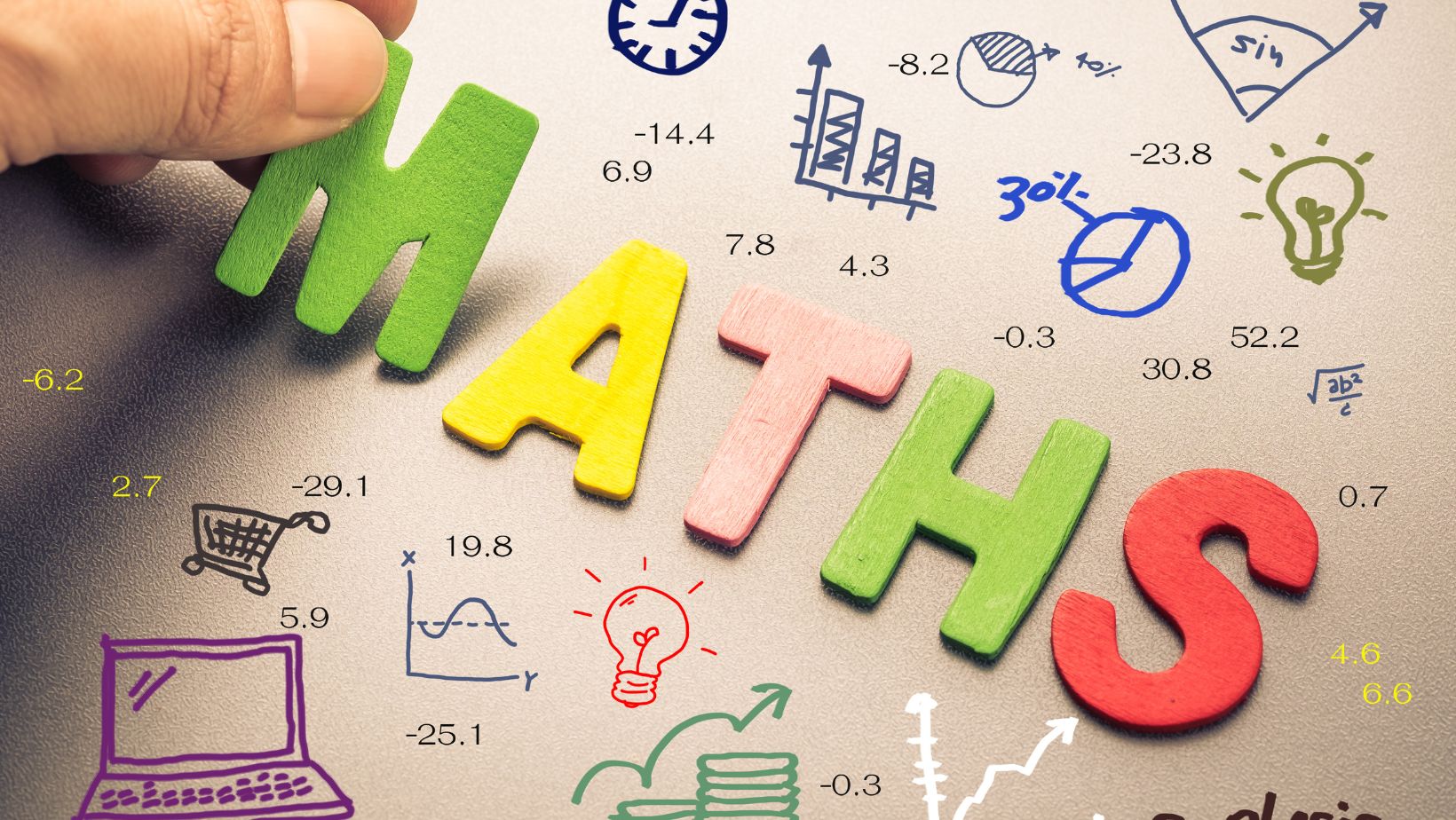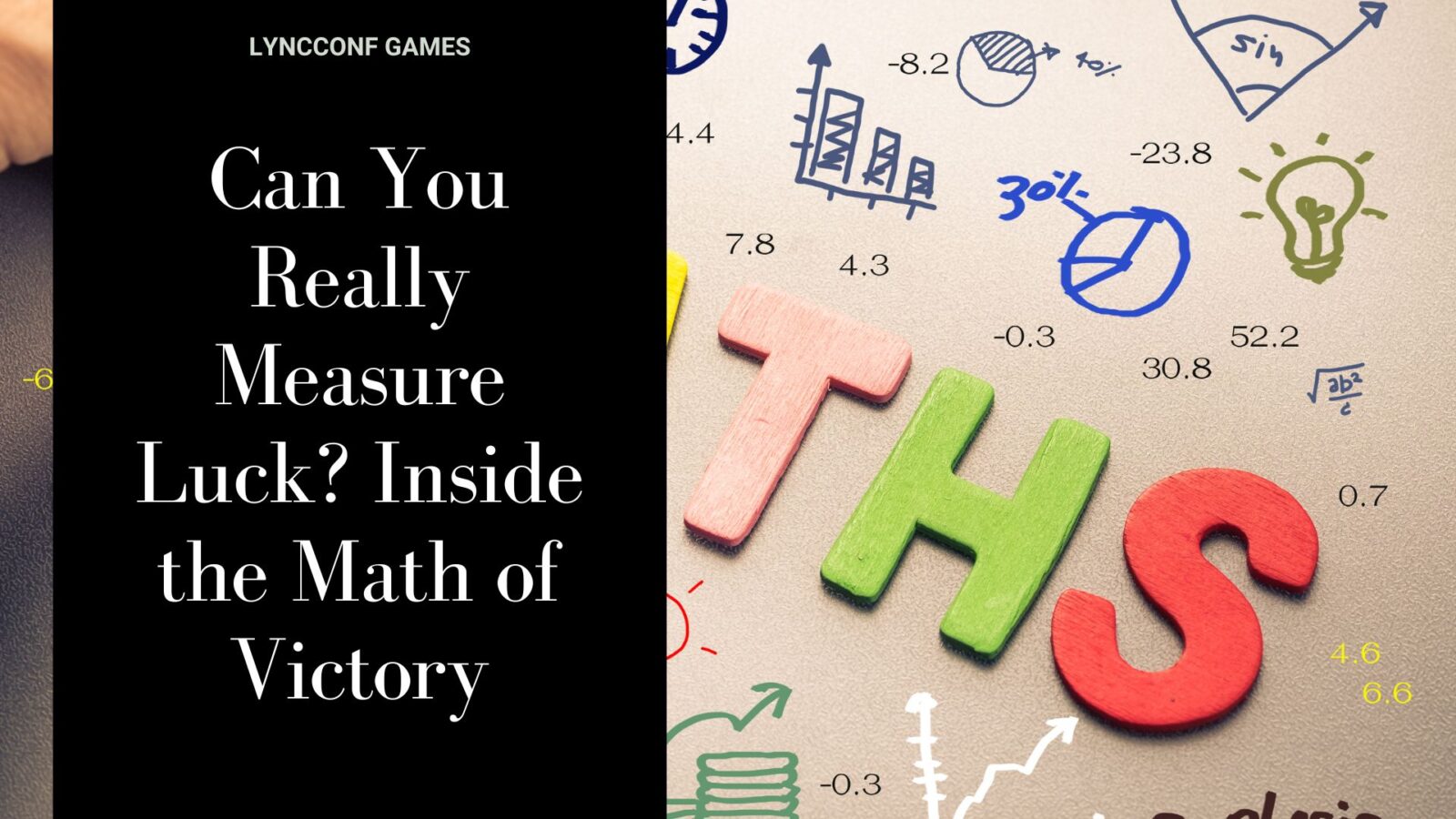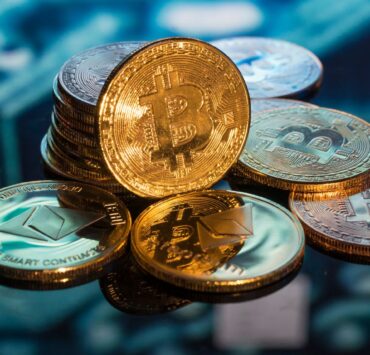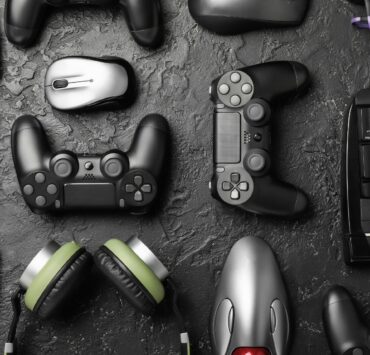
You know that crazy moment when you land a headshot through smoke, score a clutch critical hit, or finally snag the rare loot you’ve been chasing all night? Most people just call that luck. But is it really?
Thing is, “luck” in gaming isn’t just magic or fate—it’s a cocktail of probability, design tricks, and the wild way our brains make sense of chaos. Sure, it feels random when it happens. But behind the curtain, math’s pulling the strings, shaping all those so-called lucky breaks.
When “Random” Isn’t Really Random
Games don’t just roll dice and pray. They use something called a pseudorandom number generator, or PRNG. It’s basically an algorithm that spits out results that look random, but there’s a method to the madness.
Look at loot drops in Diablo IV or crit chances in League of Legends. The devs set the odds on purpose, so rewards feel unpredictable but never unfair. Stick around long enough and you’ll start to notice patterns poking through the chaos.
So when you finally open that chest and get the “impossible” legendary, the math says it was bound to happen sooner or later.
Grinding and the Law of Large Numbers
Ever get that feeling a game owes you a rare drop after a dozen failed runs? That’s your brain fighting with the law of large numbers—a basic rule in probability.
It goes like this: over a ton of tries, your results start to match the real odds. If you want a reward with a 1% drop rate, it’s not weird to go 100 runs and come up empty, or to get it on the first try. Over time, though, it all averages out. That’s why freebet systems and analytics lean hard on patterns and numbers, not gut feelings.
Skill vs. Chance: Managing the Mayhem
In games like Apex Legends, Valorant, or Fortnite, randomness is everywhere—loot spawns, shrinking zones, gun recoil, you name it. It’s part of the thrill.
But the best players? They zero in on what they can actually control. They rotate early, avoid risky spots, stay flexible. Basically, they shrink the gap between what could happen and what does. That’s why pros look “lucky”—they’re not hoping for the best, they’re making luck matter less.
Why Our Brains Flunk Probability
People hate true randomness. We’re wired to see patterns, even when they don’t exist. That’s why gamers swear a certain chest always drops better loot, or that the next pull is the lucky one.
This is the illusion of control—the feeling that we can influence random outcomes.
Game devs know this better than anyone, and they use it to keep us playing. Some games, like Genshin Impact or Destiny 2, add “pity systems” that guarantee a reward if you’ve been unlucky for too long.

It’s still luck, just with training wheels.
Hot Streaks, Cold Slumps, and the Momentum Myth
Everyone’s had those nights where everything goes your way, or nothing does. It feels like you’re on a hot streak or stuck in a slump, but really, those runs are just how randomness clumps together.
Flip a coin 100 times—you’ll get long stretches of heads or tails. Nothing mystical about it; that’s just randomness doing its thing.
Top players get this. Pro coaches remind teams that streaks happen—they’re not omens. The best rely on data, not superstition, to train for consistency. Same logic pops up in trading, sports, anywhere randomness rules.
Where Numbers Meet Nerves
Luck can be measured. Feeling lucky? That’s a different beast. Gaming’s real rush comes from those wild, unpredictable moments when everything just clicks. Odds are numbers; adrenaline lives somewhere else.
That tug-of-war between chaos and control, between stats and pure hype—that’s what keeps us smashing the “play again” button.
Want to peek behind the curtain at how developers juggle probability and player psychology? Game Developer breaks down the math behind your favorite moments. Or check out Lyncconf’s Features section for deep dives on how gaming trends keep pushing the limits of skill, strategy, and chance.






